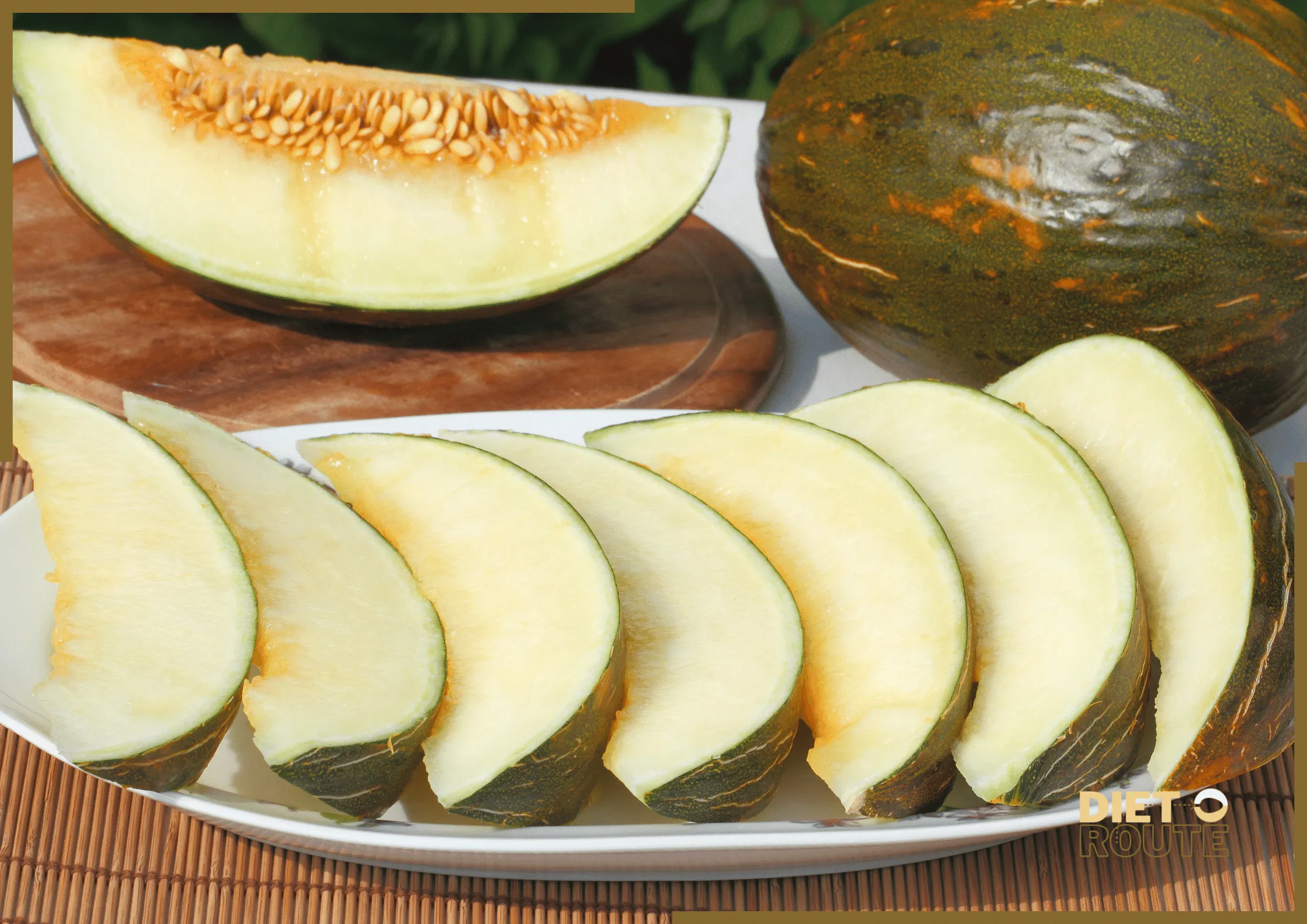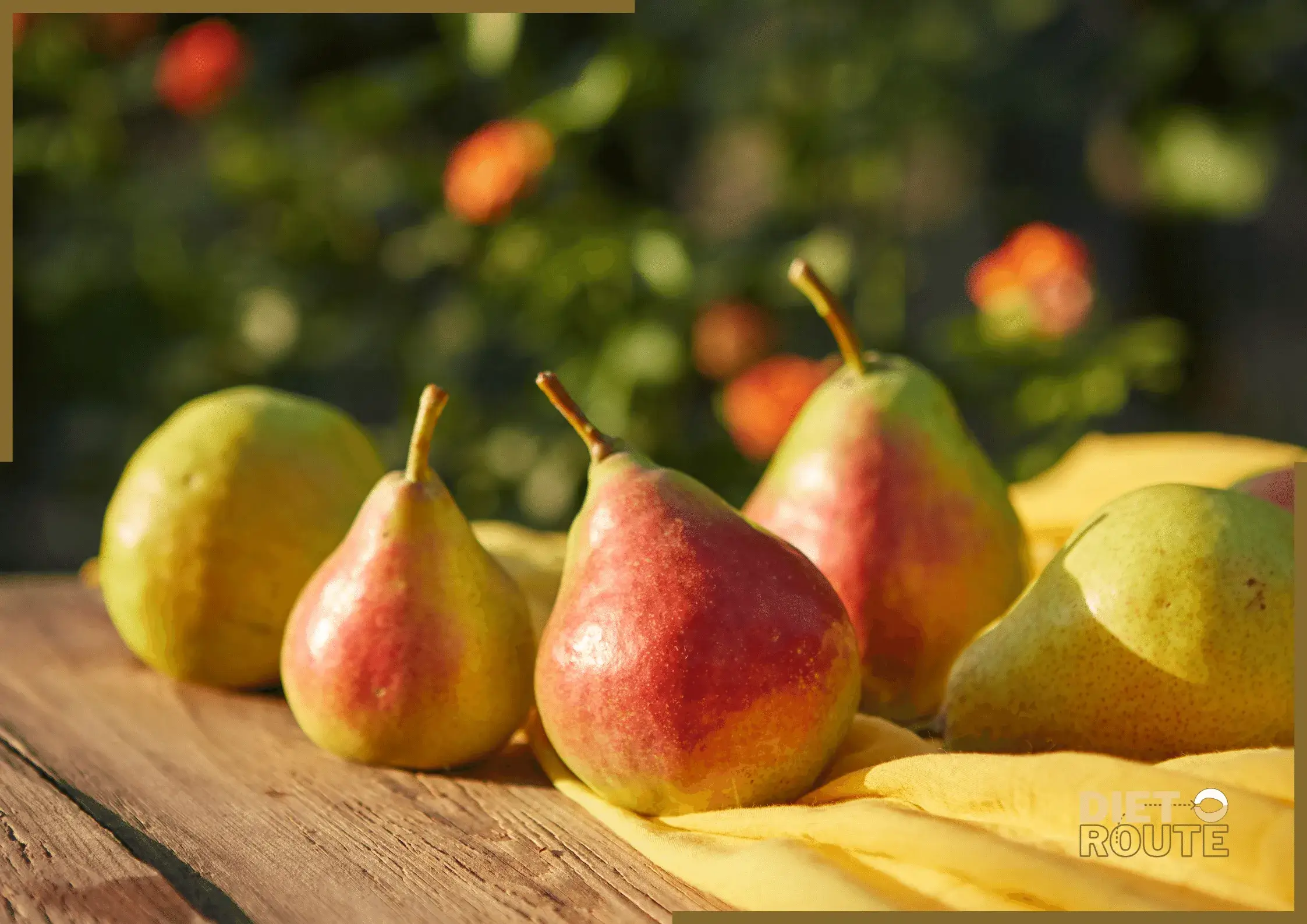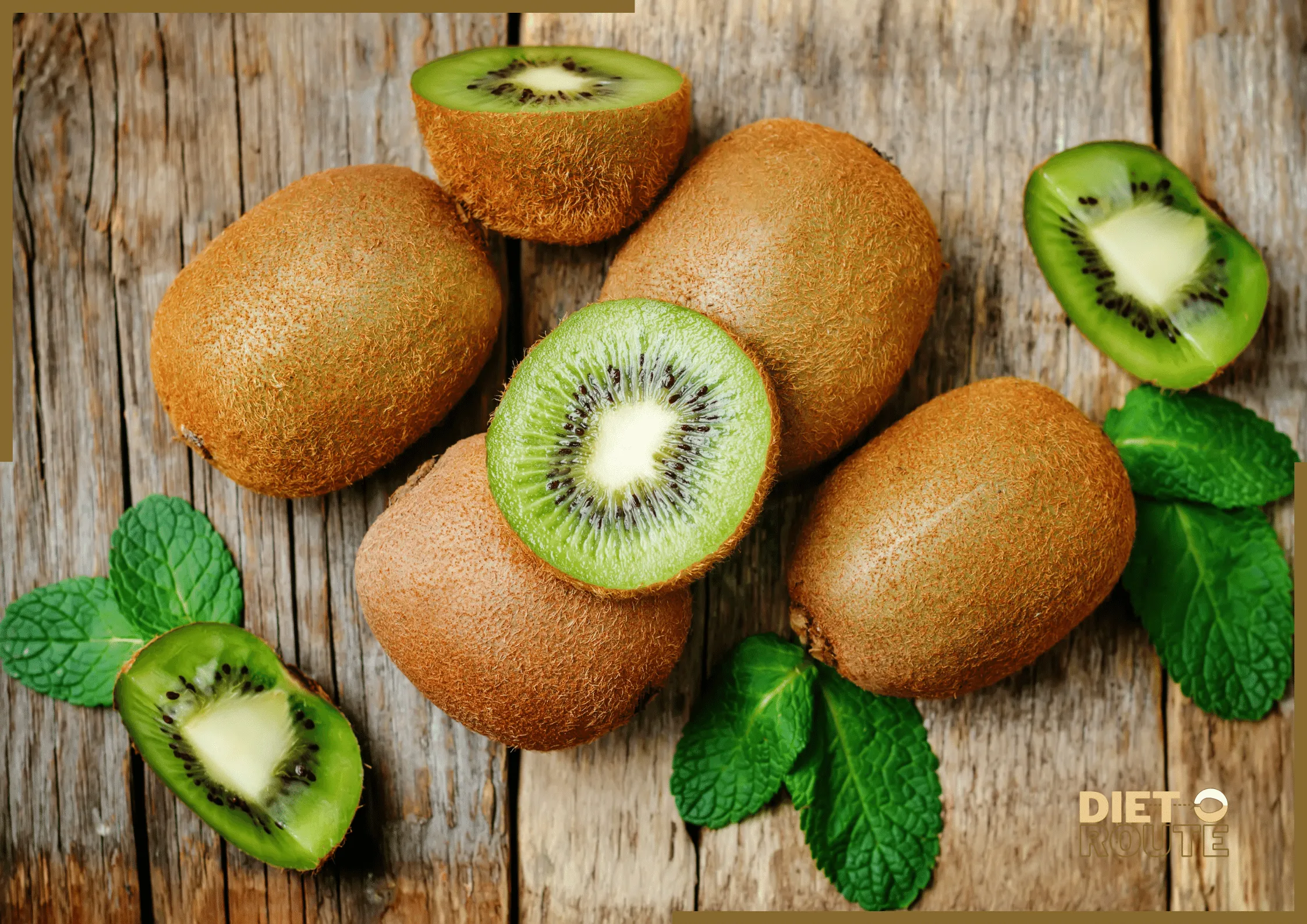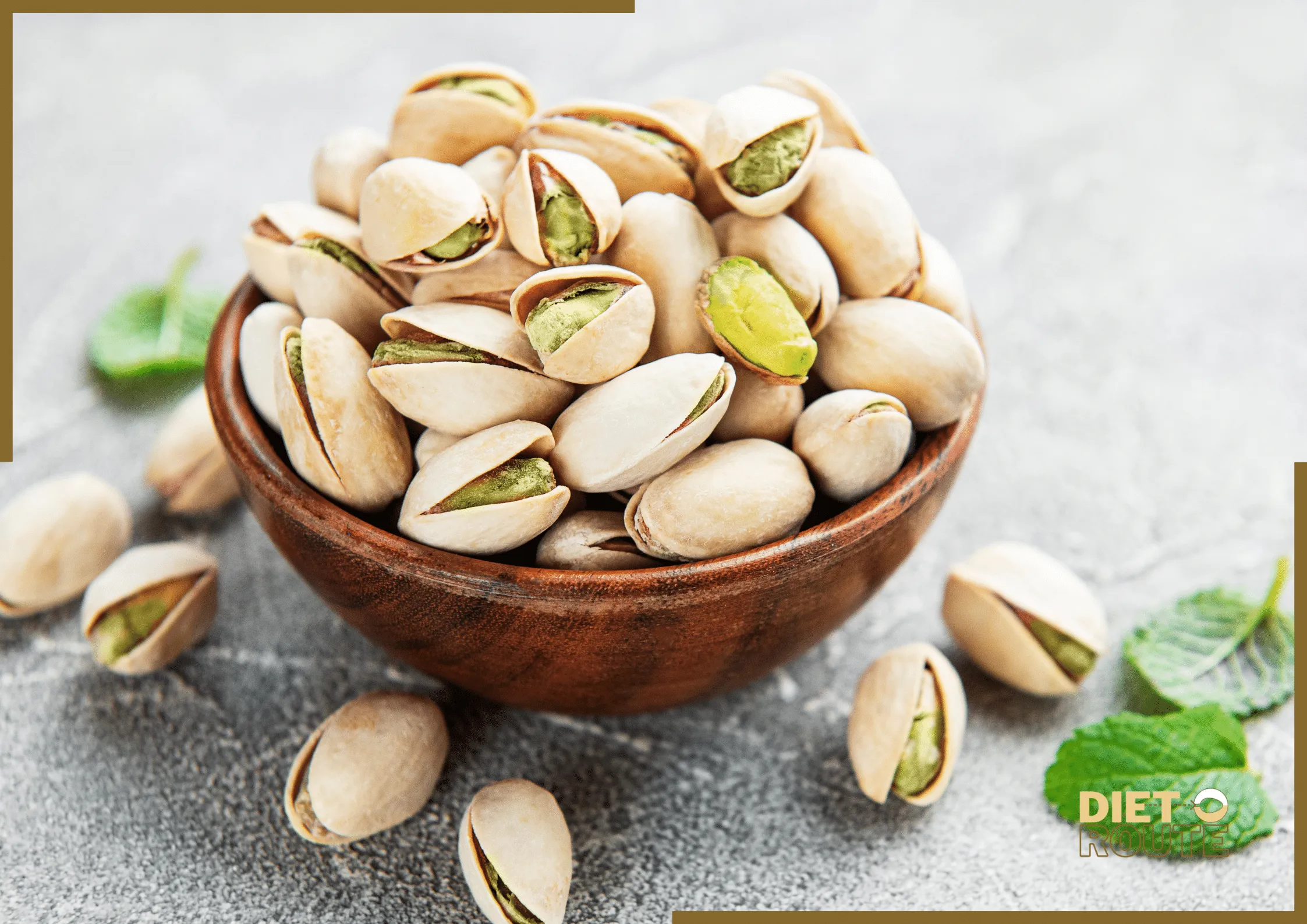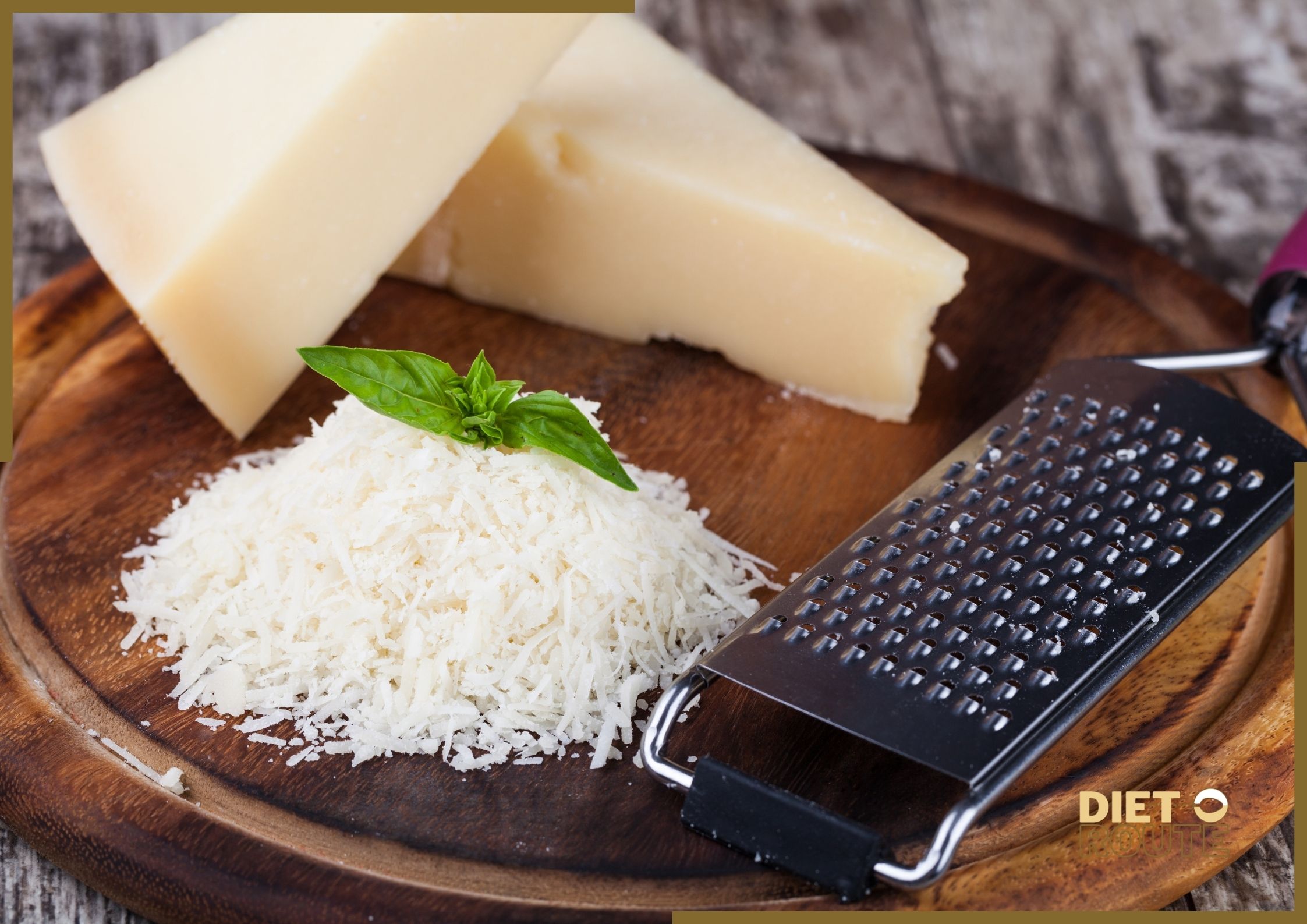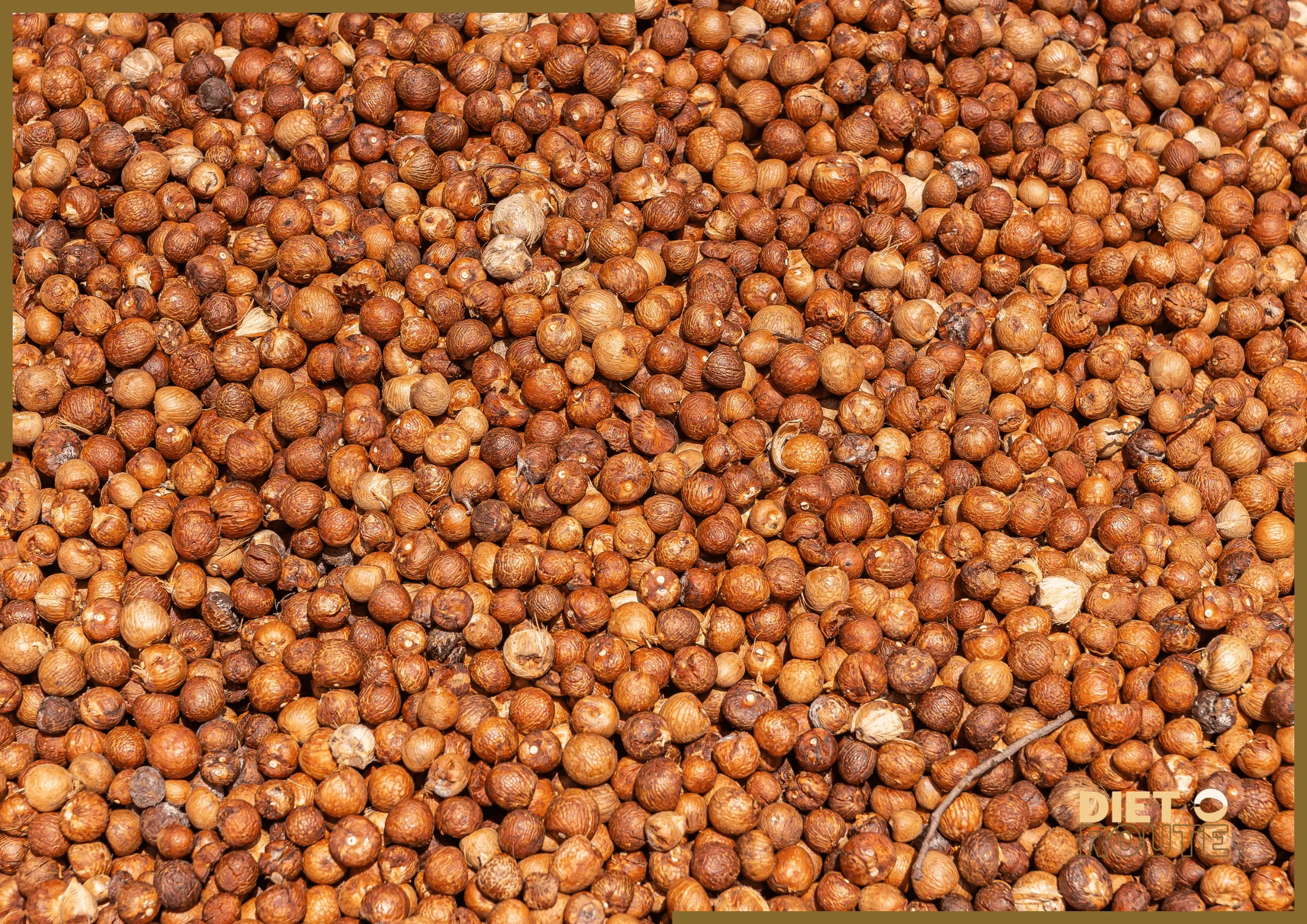Table of Contents
Introduction
The avocado is a highly nutritious and adaptable fruit that has become increasingly popular due to its smooth consistency and wide range of health advantages. This article presents a comprehensive table outlining the nutritional value, including the percentage of daily value (% DV) for each nutrient. In this article, we will explore the advantages and disadvantages and provide answers to ten commonly asked questions (FAQs). Explore the nutritional advantages and factors to consider when adding it to your diet.
Nutritional Value Approximately 100g
The values provided are approximate can vary depending on the size and ripeness.
| Nutrient | Amount Per 100g | % Daily Value* |
|---|---|---|
| Calories | 160 kcal | 8% |
| Carbohydrates | 9 g | 3% |
| Fiber | 7 g | 28% |
| Sugars | 0.7 g | – |
| Protein | 2 g | 4% |
| Fat | 15 g | 23% |
| Vitamin K | 21 mcg | 26% |
| Vitamin C | 10 mg | 11% |
| Potassium | 485 mg | 10% |
| Folate | 81 mcg | 20% |
*Percent Daily Values (% DV) are based on a 2,000-calorie diet.
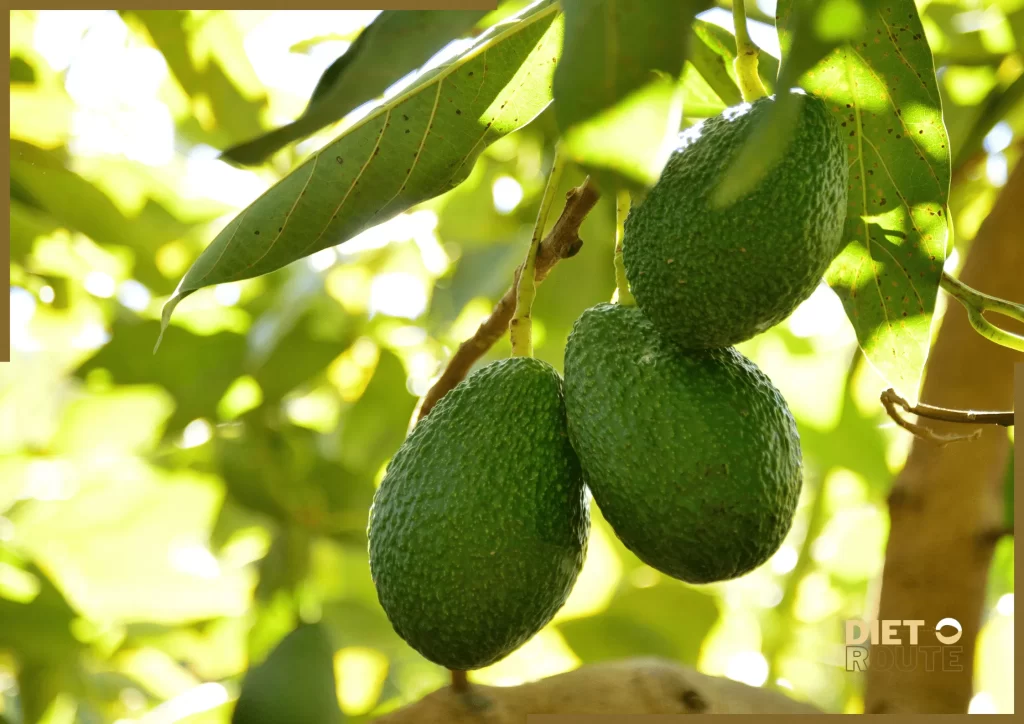
Pros
1. Avocado is a great source of heart-healthy monounsaturated fats that can aid in reducing bad cholesterol levels.
2. It is a nutrient-dense fruit that contains essential vitamins such as K, C, and folate, along with potassium and fibre.
3. It is a rich source of dietary fibre that supports healthy digestion and aids in regulating blood sugar levels.
4. It’s antioxidant properties are due to the presence of vitamins C and E, which aid in safeguarding cells against oxidative harm.
Cons
1. It is a highly nutritious food, but it is also high in calories. It is important for those following a calorie-restricted diet to be conscious of their portion sizes.
2. It may cause allergies or sensitivities in some people. In case of any negative side effects, stop consuming and consult a medical professional.
Frequently Asked Questions (FAQs)
1. Is avocado a fruit or vegetable for SEO purposes: “Avocado: Is it a Fruit or Vegetable?”
It is classified as a fruit as it grows on a tree and has a seed. It is a popular culinary ingredient used as a vegetable.
2. Is avocado good for weight loss?
It is a great addition to a weight loss diet due to its high fibre and healthy fat content, which can help promote a feeling of fullness.
3. Can Avocado Lower Cholesterol Levels?
The monounsaturated fats present in it are linked to reducing LDL (bad) cholesterol levels when included in a well-balanced diet.
4. Is avocado safe for people with diabetes?
It is a great option for people with diabetes as it is low in carbs and has a minimal effect on blood sugar levels. It should be consumed in moderation to maintain a healthy diet.
5. What are the beauty benefits of avocado?
It is a great source of vitamins and antioxidants that can help improve the health of your skin and hair when consumed as part of a well-balanced diet.
6. Is avocado gluten-free and suitable for a gluten-free diet?
It is a gluten-free food and can be safely consumed by those who follow a gluten-free diet.
7. Is avocado suitable for a ketogenic diet?
It is a great addition to a ketogenic diet due to its high-fat content, which aligns with the diet’s emphasis on low-carbohydrate and high-fat intake.
8. Is avocado a high potassium food?
It is a potassium-rich food that plays a crucial role in promoting healthy blood pressure and heart function.
9. Is it safe to feed avocado to babies and young children?
It is a great first food for infants at around six months of age and is also a nutrient-rich option for toddlers.
10. Is it possible to freeze avocados?
Yes, freezing it is possible by mashing the flesh and adding a squeeze of lemon or lime juice to prevent discoloration. This method allows for later use.
In a Nut Shell
Avocado is a superfood with numerous health benefits due to its high nutritional value. Incorporating it into your diet can provide a wealth of benefits due to its abundance of healthy fats, fibre, vitamins, and minerals. It is important to be cautious of serving sizes as they can be high in calories. It is a versatile ingredient that can be incorporated into a variety of dishes and is suitable for various dietary requirements, such as weight loss, diabetes management, and gluten-free or ketogenic diets. By incorporating it in your diet in moderation and embracing its nutritional benefits, you can optimise its potential for improving your overall health and well-being.

